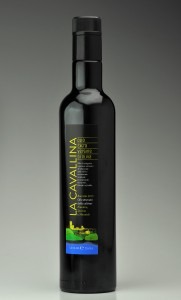Olive oil and health
Hippocrates, father of medicine, defined the olive oil as “the great healer”. He was right, though he had not the modern systems of analysis and control for verifying the effects the elements constituting the olive oil have on human organism.
“Nutraceutico” is the word for “Food-Medicine”: food having both nutritional components and natural active principles with therapeutic properties. In this, the olive oil is a “king”, and its importance in human nutrition and in preventing many diseases is confirmed by many universities’ studies.
A concentration of antioxidants and Vitamin E
Here are some important elements that make up the oil with their sensory and beneficial characteristics.
Polyphenols give the oil a characteristic hint of spicy and bitter.
Powerful antioxidants that fight free radicals and provide your body with protection against inflammatory processes and against cell aging, inhibit the formation of blood clots, have a vasodilator effect. They are, therefore, useful in the prevention of many diseases such as diabetes and cancer. The main polyphenols in the oil are:
Oleocantale: responsible for the spicy taste, is a polyphenol with extraordinary features, besides being a powerful anti-inflammatory; It prevents Alzheimer’s and is an anticancer agent.
Oleuropein: responsible for the bitter taste, it is a polyphenol with antioxidant and anticancer activity; fights oxidative stress by smoke and promotes the production of dopamine by the brain.
Monounsaturated fatty acids: they help to control the levels of cholesterol LDL (the bad) and encourage the HDL (good).
Tocopherols (vitamin E): the ‘olive oil is very rich in vitamin E, which protects among other osteoporosis.



